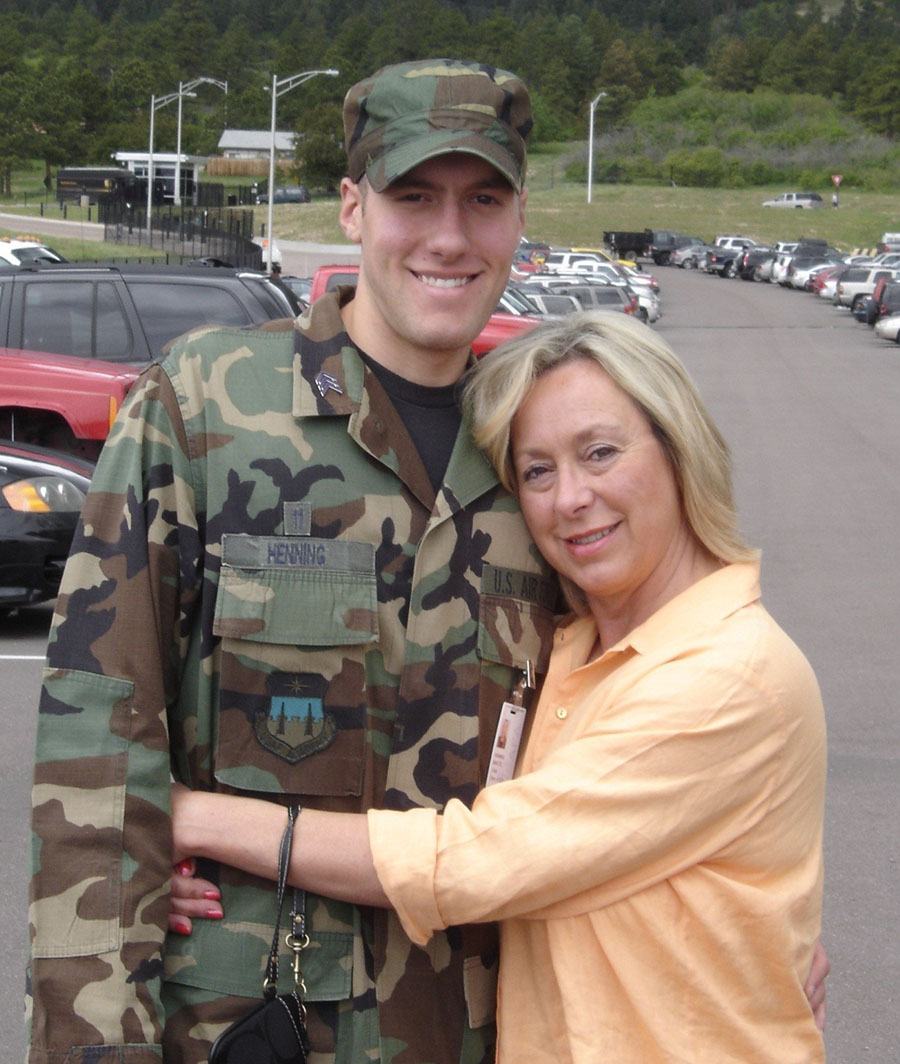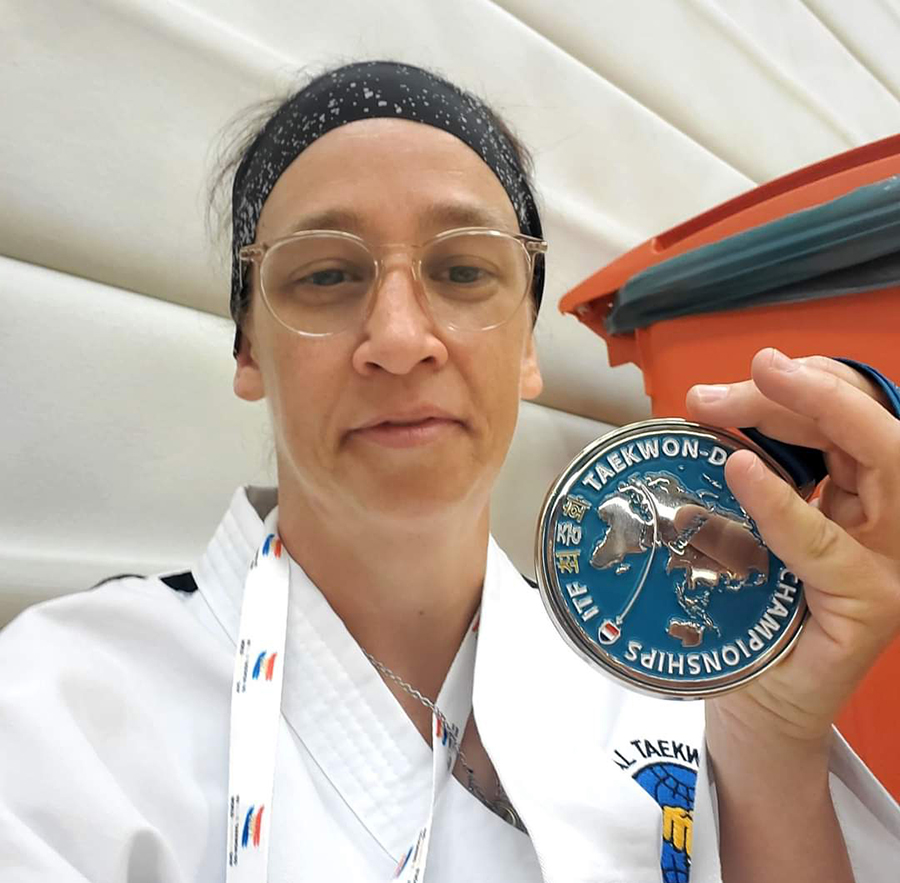He was a Cadet First Class at the United States Air Force Academy. He graduated on May 25, 2011, but he was not there to accept his diploma. On September 15, 2010, he ended his life. But he saved many more. He was an organ and tissue donor.
As Linda and Van Henning, the parents of Marc Henning and his brothers Eric and Alex, surrounded Marc’s bed the night of September 15, 2010 at Penrose Hospital in Colorado Springs, they were unaware of the impact he would have on others, just hours later.
Waiting patiently alone was a young woman in the waiting room. Her name was Heather Hamilton and she was a Family Support Coordinator for Donor Alliance. She spoke to the family about organ and tissue donation. And it is she the Henning’s credit for Marc’s donation legacy. When Marc died on September 16, 2010, Linda and Van felt peace knowing the impact he would have, though he was no longer with them.
Cadet Henning was a senior at the Air Force Academy and also served as head manager of the Falcon football team. Marc carved out his own niche. He was active in Engineers Without Borders and reveled in the chance to be close to the action at football games. He was developing into a genuinely liked and respected leader.
He had a rural Midwestern upbringing, one of three boys. He was a loving and considerate son, a funloving brother to his twin, Eric and the biggest fan of his older brother Alex. He was a nephew, a grandson, a roommate and a friend to many. He was a humanitarian. He was handsome. He was generous. He was honest. He was good. And he saved numerous lives.
Upon finishing high school in Illinois, he landed a spot at the Academy Preparatory School and then to the Cadet Wing. He was often considered “a quiet young man, confident to stand up for what’s right, a model cadet.” Two of Marc’s classmates and fellow seniors elaborated that Marc “was always an example for others” and “lived the Air Force motto of service before self.”
In a packed chapel during Marc’s funeral at the Air Force Academy, Linda remarked to a room full of Marc’s peers and commanders, “As you know, Marc took his own life. We were concerned that he was overloading his plate and that he needed to recharge his batteries. Although Marc’s life was short, for him it was wide.”
Linda said that a trip her son took to Bolivia in 2009 was a turning point for him. While there, he helped villagers create a safe, functioning water system. He also spent a spring break helping build a home with Habitat for Humanity. Marc was a “gentle warrior.”
Now Marc was a warrior to those who received life from his gifts.
Marc’s lungs helped someone breathe easier in Arizona. His pancreas and left kidney strengthened the life of someone in Colorado. A person in Missouri is living healthier with Marc’s liver. His right kidney has increased the quality of life for a very grateful man in Virginia Beach. His skin has healed the wounds of burn victims and others in need of healing grafts. His bone has helped people with spinal injuries to walk again, without pain.
And Linda also received a gift.
On July 22, 2011, ten months after Marc’s death, she became the recipient of Marc’s bone. Due to a special recovery that would enable the bone to be preserved and saved for an inevitable dental procedure, Linda’s oral surgeon, Dr. Steven Rodgers and his staff in Newburgh, Indiana coordinated the bone graft for a tooth implant. Quinn Boland, a representative from NuVasive, a San Diego, California company specializing in innovative spinal surgery, hand delivered the special graft to Dr. Rodgers’ office for the implant procedure. During the grafting process, Linda’s husband Van held her hand as tears streamed down their cheeks. “Marc again became a part of me.”
Linda says that not only will she keep Marc’s spirit alive in her heart; a piece of him will always live on within her. “Life really does go full circle…and the donation of life is what keeps this circle spinning.”


